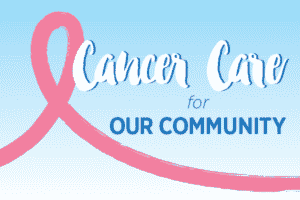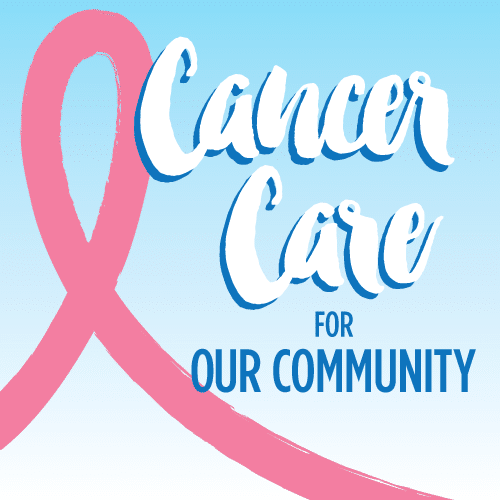
Summit Healthcare provides caring cancer treatment and preventive cancer screenings right here in your community.
WHAT HAPPENS AFTER DIAGNOSIS?
Hearing that you have been diagnosed with breast cancer can feel overwhelming at first. Instead of researching every possible scenario, it may prove most helpful to know your next actionable steps.
SCREENINGS SAVE LIVES
When you begin having annual mammograms depends on your family medical history and current risk for breast cancer. If your mother was diagnosed with breast cancer in her 30s, your doctor will likely recommend you begin annual screenings before women with average risk.
“We encourage you to determine your lifetime risk using the Breast Cancer Risk Assessment Tool from the National Cancer Institute,” says Mary Ann Andresen, RT, (R)(M)(BD), Lead Mammographer with Women’s Imaging at Summit Healthcare. “Discuss these results with your primary care doctor and talk about screenings.”
When you’re ready for your first mammogram, Summit Healthcare has options for you, including breast tomosynthesis, or 3-D imaging, which captures images of the breast at various angles to create a more accurate image of breast tissue. Stacked together, these cross sections, or slices, give radiologists a good look at what’s going on beneath the surface.
“Offering this technology for the last year has reduced call back rates for patients, which is helpful,” says Holly Rhoton, RT, (R)(M)(BD), Mammographer with Women’s Imaging at Summit Healthcare. “Also, we offer MammoPads®, or foam padding, to add cushion and boost comfort during screening.”
Other screenings include breast magnetic resonance imaging for women with implants and ultrasound-guided breast biopsies for those with suspicious lumps.
Holly and Mary Ann encourage women to be their own health advocates and search out community resources. Off the clock, Holly writes a mammogram-related blog to further educate women about screening.
Breast cancer awareness is essential. To know your risk, schedule a visit with your primary care doctor. Ask for a referral to Women’s Imaging at Summit Healthcare to begin screening, if necessary. The referral line is 928.537.6589.

